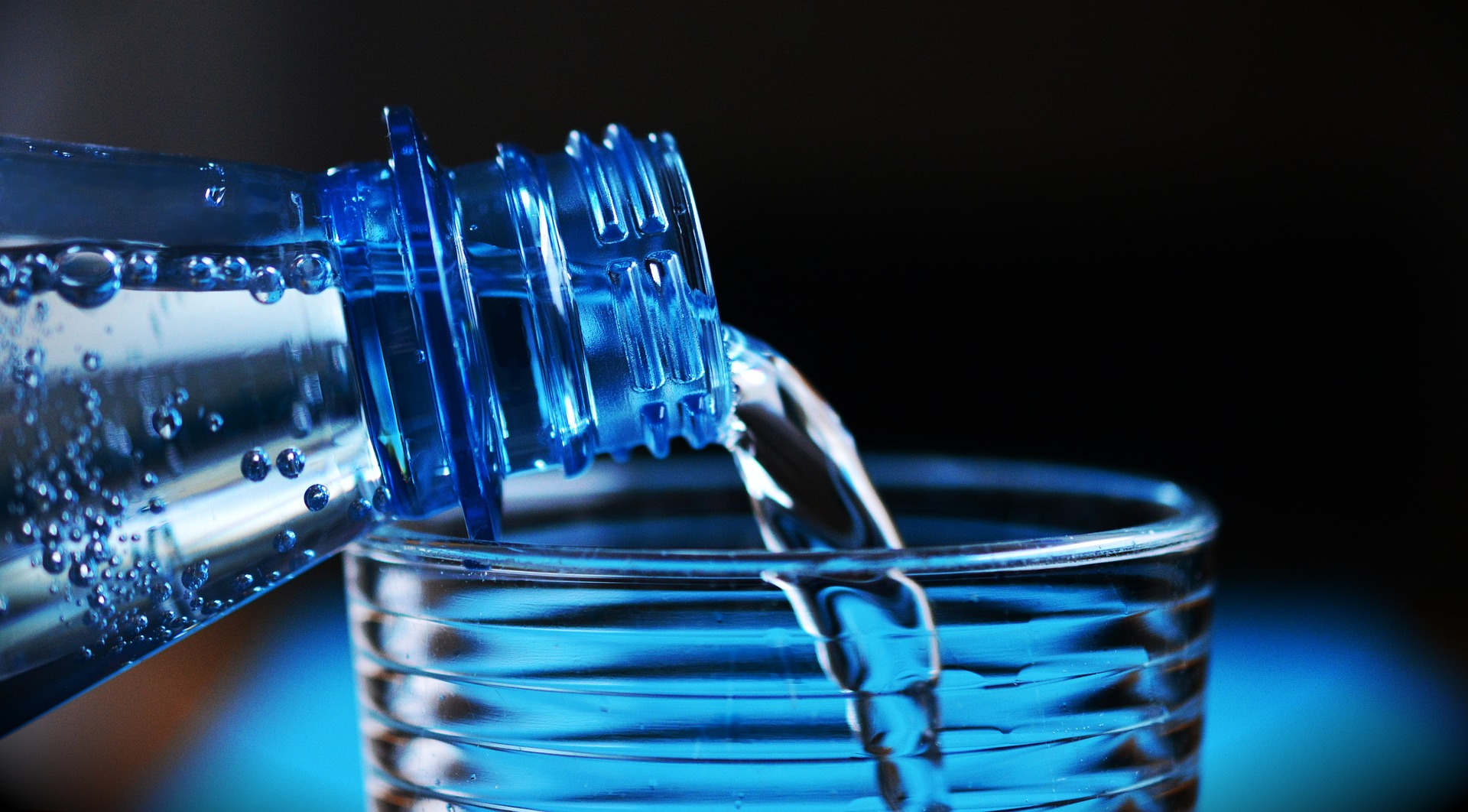
Chronic Kidney Disease (CKD) is a condition characterised by the gradual loss of kidney function over time. It is a prevalent health concern in England, affecting millions of individuals. Understanding the different stages of CKD is crucial for patients to manage their condition effectively. This guide aims to provide a comprehensive overview of the stages of CKD, their symptoms, treatment options, and lifestyle recommendations for patients in England.
Stages of Chronic Kidney Disease
CKD is categorised into five stages based on the estimated Glomerular Filtration Rate (eGFR), which measures how efficiently the kidneys filter waste and excess fluid from the blood. The stages are as follows:
Stage 1 – Kidney Damage with Normal or Increased eGFR (eGFR >90 ml/min/1.73m²)**:
– In this stage, there is evidence of kidney damage, such as proteinuria (presence of protein in the urine), but the eGFR is still normal or higher than 90 ml/min/1.73m².
– Patients in this stage are often asymptomatic, and the main focus is on identifying and managing the underlying cause of kidney damage.
Stage 2 – Mildly Reduced eGFR (eGFR 60-89 ml/min/1.73m²)**:
– In stage 2, there is mild reduction in kidney function, and eGFR ranges from 60 to 89 ml/min/1.73m².
– Patients may still not experience noticeable symptoms, but close monitoring and lifestyle adjustments become crucial at this stage.
Stage 3 – Moderately Reduced eGFR (eGFR 30-59 ml/min/1.73m²)**:
– In stage 3, kidney function is moderately reduced, and eGFR ranges from 30 to 59 ml/min/1.73m².
– Patients may start experiencing symptoms like fatigue, mild anemia, and changes in urination patterns.
– Medical intervention and lifestyle modifications are necessary to slow down the progression of CKD.
Stage 4 – Severely Reduced eGFR (eGFR 15-29 ml/min/1.73m²)**:
– In stage 4, kidney function is severely reduced, and eGFR ranges from 15 to 29 ml/min/1.73m².
– Symptoms become more pronounced, including fatigue, anaemia, fluid retention, and increased risk of complications like high blood pressure and bone disorders.
– Patients in this stage may require more intensive medical management, including potential preparations for kidney replacement therapy.
Stage 5 – Kidney Failure (eGFR <15 ml/min/1.73m²)**:
– Stage 5 is the most advanced stage of CKD, where kidney function is severely compromised, with an eGFR less than 15 ml/min/1.73m².
– At this point, the kidneys can no longer adequately perform their function, and kidney replacement therapy, such as dialysis or kidney transplant, is often necessary for survival.
Treatment and Lifestyle Recommendations
While there is no cure for CKD, early detection and proper management can slow its progression and improve patients’ quality of life. Treatment and lifestyle recommendations may include:
Regular Monitoring: Regular check-ups with a healthcare provider are essential to monitor kidney function, manage symptoms, and adjust treatment plans accordingly.
Medication Management: Medications may be prescribed to control blood pressure, treat anaemia, manage bone health, and reduce proteinuria.
Dietary Changes: A kidney-friendly diet, low in sodium, phosphorus, and potassium, is often recommended to reduce the workload on the kidneys.
Fluid Intake: Managing fluid intake is crucial to prevent fluid retention and maintain electrolyte balance.
Physical Activity: Regular physical activity can help improve overall health and manage conditions like diabetes and high blood pressure, which are risk factors for CKD.
Smoking Cessation: Quitting smoking is essential, as smoking can accelerate the progression of CKD.
Weight Management: Maintaining a healthy weight can reduce the risk of complications and support overall kidney health.
Managing Underlying Conditions: Effective management of conditions like diabetes and hypertension can help slow down CKD progression.
